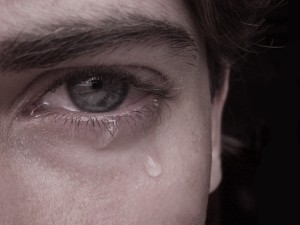Don’t Ask…Do Tell
 |
| freepresshouston.com |
I got some interesting feedback – both privately and on my Facebook page.
For the exact same reasons, the consensus was:
“I’d definitely want my friends to tell me. But I wouldn’t tell my friends.”
I wasn’t terribly surprised that people feel that way. Often we expect others to do things we ourselves are reluctant to do.
But…
This isn’t expecting someone to bail us out of jail or share their psych notes. This is about sharing something so serious that anything else pales in comparison (with the possible exception of telling someone we love them).
“I’d definitely want my friends to tell me.”
Why?
Well, there were several answers: to not be blindsided, to find out the facts, to help, to be a comfort to their friends. We’re talking about people we love. We want to help ease their anxiety and pain in any way we can.
No one thought their behavior would change. They assumed they would act normally around their friend.
“But I wouldn’t want to tell my friends.”
Why then, does it not work both ways?
That ‘look’ is what people didn’t want to see: the look that is really deep concern, but often interpreted as pity. They assumed their friends would treat them differently.
Knowing a secret can be exhilarating. It can also be lonely. Knowing you are going to die – not in a theoretical, but a very immediate sense – if a profound experience. You have no instruction book or guide. No one can tell you the answers to the questions that keep you awake at night.
But keeping a secret like that from your friends not only unnecessarily isolates you, but it hurts your friends. You may not know how hurt they are. But you will hurt them. Because they will also be asking ‘why’?
Why wouldn’t he tell me?
Why wouldn’t she let me help?
Why did he suffer alone?
Why didn’t she love me?
I had a friend who shared her battle against breast cancer, but only to a point. She wouldn’t let anyone visit her, much less help her. In fact, there were only three people she’d talk to on the phone. For reasons I still don’t understand, I was one of the three.
When she died, her friends gathered at the funeral parlor. We sat in the back of the room together: the angriest group of people you’d ever want to (not) meet. It wasn’t enough that we were angry she had died. We were also angry that she’d shut us out. Because even though we couldn’t cure her cancer, we believed we could’ve made her last weeks a little more comfortable.
That was her decision, and we had to respect it. Everyone’s entitled to make their own decisions about who they share their diagnosis with. But it didn’t diffuse the anger.
But for those of you who expect your friends to do something you’d refuse to do…think about your friends. And how angry they’d be.
And think about how angry you’d be if the situation were reversed.

